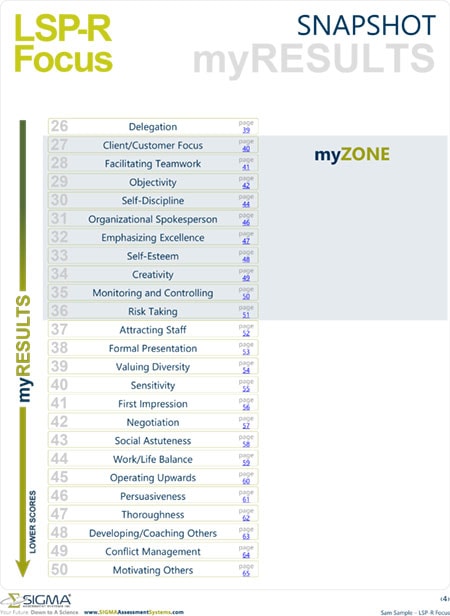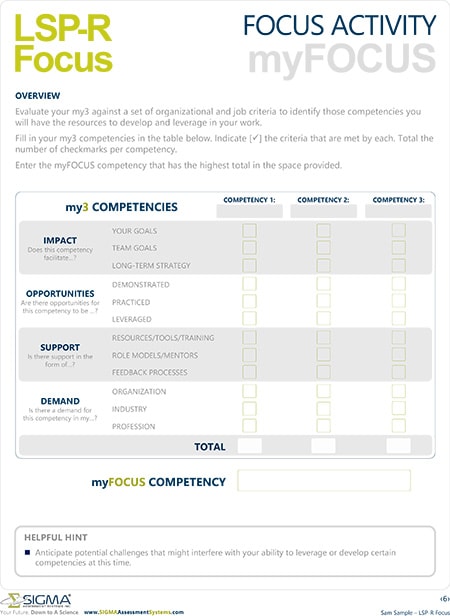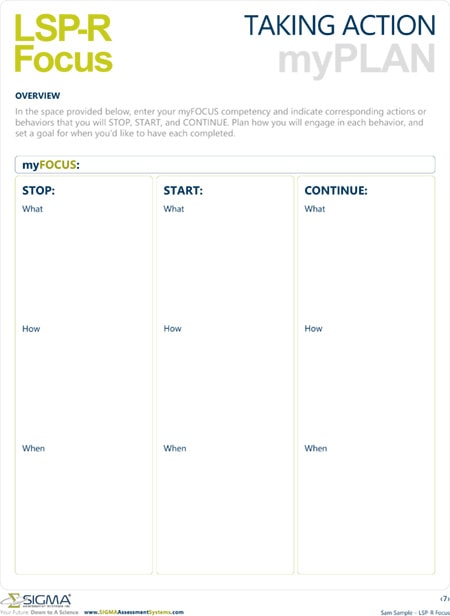Building Resilient Leaders: 5 Leadership Competencies for Thriving in Uncertainty
In an ever-evolving workplace filled with challenges and uncertainties, resilience is a key leadership trait that enables professionals to navigate adversity, maintain focus, and lead effectively. Resilient leaders not only withstand stress but inspire their teams to persevere and adapt.1 To build resilience, professionals must develop specific leadership competencies that strengthen their ability to cope with change, setbacks, and high-pressure situations. Below are five essential leadership competencies that cultivate resilience in the workplace.
1. Emotional Control: Staying Composed Under Pressure
Emotional control is the ability to regulate emotions effectively, especially in challenging or high-stress situations. Leaders with strong emotional control remain composed under pressure, think clearly, and make rational decisions rather than reacting impulsively.2 This competency enables professionals to face setbacks without being overwhelmed, ensuring that stress does not undermine their leadership effectiveness or decision-making.
How to develop emotional control:
- Increase self-awareness: Recognize personal emotional triggers and develop strategies to manage them.3
- Practice mindfulness techniques: Engage in meditation, breathing exercises, or cognitive framing to stay composed.4
- Build emotional intelligence: Take an online emotional intelligence assessment, such as the Multidimensional Emotional Intelligence Assessment – Workplace – Revised (MEIA-W-R) , to understand strengths and areas for development.
To learn more, download SIGMA’s guide: Great Leaders Have Emotional Control.
2. Flexibility: Adapting to Change With Confidence
Adaptability is a cornerstone of resilience. Leaders who possess flexibility can shift strategies, adjust expectations, and embrace change with a positive attitude. Whether it’s dealing with organizational restructuring, technological advancements, or economic fluctuations, flexible leaders remain open-minded and proactive. They encourage innovation and help their teams navigate transitions smoothly.
How to develop flexibility:
- Reframe challenges as opportunities: View obstacles as chances for personal and professional growth.
- Strengthen agility: Stay open to feedback, be willing to adjust strategies when necessary, and embrace change with a problem-solving mindset.5
- Promote a culture of learning: Encourage continuous learning and experimentation within teams.
To learn more, download SIGMA’s guide: Great Leaders are Flexible.
3. Assuming Responsibility: Owning Outcomes and Driving Progress
Resilient leaders take full ownership of their actions and decisions. They embrace accountability, learn from mistakes, and build a culture of integrity and trust within their teams.6 Leaders who embrace this competency focus on finding solutions instead of assigning blame, and help their teams progress with confidence.
How to develop responsibility:
- Engage in self-reflection: Regularly assess decisions and their impact.
- Seek feedback: Proactively request input from peers, mentors, and direct reports.7
- Demonstrate problem-solving: Take initiative to address challenges rather than waiting for external solutions.8
To learn more, download SIGMA’s guide: Great Leaders Assume Responsibility.
4. Self-Discipline: Remaining Focused and Consistent
Resilience requires persistence, self-motivation, and the ability to maintain focus despite distractions or setbacks.9 Leaders with high self-discipline manage their time effectively, avoid burnout, and remain productive in demanding environments.
How to develop self-discipline:
- Set clear priorities: Define key goals and deconstruct them into manageable steps.
- Establish routines: Develop habits that enhance focus and efficiency.
- Cultivate mental endurance: Use techniques such as goal visualization and positive reinforcement to maintain motivation.10
To learn more, download SIGMA’s guide: Great Leaders Exercise Self-Discipline.
5. Strategic Planning: Anticipating Challenges and Preparing for the Future
Resilient leaders are not just reactive; they think ahead, anticipate potential challenges, and develop contingency plans to ensure stability and long-term success.11 Strategic planning allows leaders to navigate uncertainty with confidence and position their teams for sustained growth.
How to develop strategic planning:
- Conduct a SWOT (strengths, weaknesses, opportunities, threats) analysis: Assess internal strengths and weaknesses while identifying opportunities and threats.12
- Analyze trends: Stay informed about industry shifts, competitor strategies, and emerging risks.
- Develop contingency plans: Proactively prepare for potential obstacles to minimize disruption.
To learn more, download SIGMA’s guide: Great Leaders Are Strategic.
The Importance of Resilience at Work
Resilience in the workplace is not about avoiding challenges — it’s about developing the competencies necessary to overcome them. By honing emotional control, flexibility, assuming responsibility, self-discipline, and strategic planning, professionals can cultivate resilience, ensuring they remain effective leaders even in the face of adversity.
How to Assess and Develop Resilience at Work
As workplaces continue to evolve, investing in these leadership competencies will not only enhance individual performance but also contribute to organizational success and stability. Get started today with SIGMA’s Leadership Skills Profile – Revised (LSP-R), a personality-based leadership assessment that evaluates 50 essential leadership competencies, including the five outlined in this blog.
Your Focus Report (see sample report) will provide:
- A detailed analysis of your strengths and development opportunities.
- Personalized strategies and tools to help you build resilience.
- An actionable development plan to support your leadership journey.



Ready to Build Resilient Leaders?
Complete the form below to discover how SIGMA’s assessments can help you build resilient leaders and equip your organization for the challenges of tomorrow.
Ready to Get Started?
1 Luthans, F., Youssef, C. M., & Avolio, B. J. (2007). Psychological capital: developing the human competitive edge. (1st ed.). Oxford University Press.
2 Gross, J. J. (2015). Emotion regulation: Current status and future prospects. Psychological Inquiry, 26(1), 1–26.
3 Goleman, D. (2000). Working with emotional intelligence. (Bantam trade paperback ed.). Bantam Books.
4 Kabat-Zinn, J. (2003). Mindfulness-based interventions in context: Past, present, and future. Clinical Psychology (New York, N.Y.), 10(2), 144–156.
5 Pulakos, E. D., Arad, S., Donovan, M. A., & Plamondon, K. E. (2000). Adaptability in the workplace: Development of a taxonomy of adaptive performance. Journal of Applied Psychology, 85(4), 612–624.
6 Brown, M. E., & Treviño, L. K. (2006). Ethical leadership: A review and future directions. The Leadership Quarterly, 17(6), 595–616.
7 London, M., & Smither, J. W. (2002). Feedback orientation, feedback culture, and the longitudinal performance management process. Human Resource Management Review, 12(1), 81–100.
8 Heifetz, R. A., & Linsky, M. (2002). Leadership on the line: staying alive through the dangers of leading. Harvard Business School Press.
9 Duckworth, A. (2007). Grit: Perseverance and passion for long-term Goals. Journal of Personality and Social Psychology., 92(6), 1087–1101.
10 Lyons, P., & Bandura, R. (2019). Self-efficacy: core of employee success. Development and Learning in Organizations, 33(3), 9–12.
11 Mintzberg, H. (1994). The fall and rise of strategic planning. Harvard Business Review, 72(1), 107–114
12 GÜREL, E. (2017). SWOT analysis: A theoretical review. The Journal of International Social Research, 10(51), 994–1006.